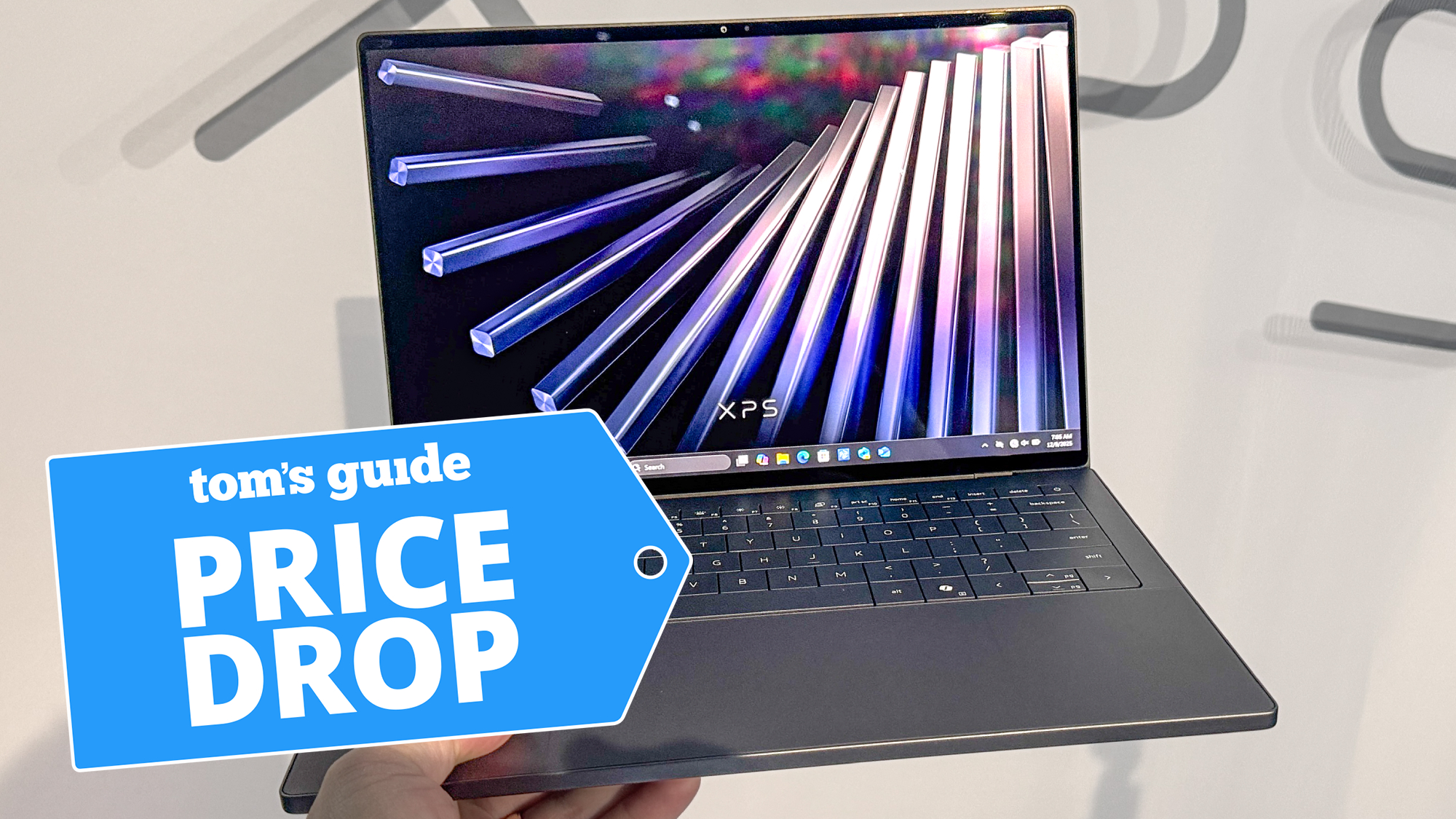Firefox VPN released: What you need to know
The Firefox VPN service is super-secure and dirt-cheap, but there are some catches

Here at Tom’s Guide our expert editors are committed to bringing you the best news, reviews and guides to help you stay informed and ahead of the curve!
You are now subscribed
Your newsletter sign-up was successful
Want to add more newsletters?
Join the club
Get full access to premium articles, exclusive features and a growing list of member rewards.
Looking for a new VPN for your phone? Mozilla this week released the beta version of its Firefox VPN Android app, which shields all the outgoing and incoming data on a phone from local snoops. It promises to be a fast and fairly inexpensive service, but there are a few catches.
The first is that you won't be able to use the Firefox VPN app just yet, even if you install it. You'll have to sign up for the Firefox VPN waitlist, just as you do with the Windows 10 version of the VPN software, which was announced in December. Chromebooks are also supported, but Macs, iOS and Linux support are still in development -- that's catch No. 2.
- The best VPN services
- These are the best laptops right now
- ALERT: This fake VPN installer is stealing users' passwords
Only after you receive an invitation can you access the Firefox VPN service, which for now is limited to U.S. residents -- another catch -- and will cost $4.99 per month for the beta-testing period. But you no longer need to already have a Firefox account, which was required for the waitlist back in December.
The VPN complements Firefox's Private Network service, which launched its beta test back in September and routes all desktop-browser traffic through the back-end network of internet-service company Cloudflare.
Private Network is not really a VPN, since it protects only Firefox browser traffic and not the data going to and from email clients, other browsers, iTunes and whatever else on your machine may access the internet. But it's great to use if you're traveling overseas and need to check your email in an airport or hotel.
- Update: Everything you need to know about the all-new Firefox VPN
Fast, cheap and very much in control
Now for the happy stuff. The Firefox VPN is provisioned by Mullvad, a Swedish company that's one of the most privacy-conscious consumer-VPN providers we've seen. Firefox mentions that its VPN can access servers "in 30+ countries", which implies that it's using most or all of Mullvad's global network.
Mullvad is also one of the first consumer VPN providers to widely use WireGuard, the next and greatest thing in VPN protocols. Mullvad also uses the OpenVPN and IKEv2/IPsec protocols, which are fine, but the Firefox VPN will be using WireGuard exclusively.
One drawback to using Mullvad is that it doesn't yet have official Android or iOS client apps. You have to download and install a third-party open-source OpenVPN or (in Android) WireGuard app, then go to the Mullvad site to generate configuration files that you download to your phone and open in the app. It's easier than it sounds, but it's still a pain.
Firefox VPN gets around that with its Android app, saving you a bit of trouble. There is a Mullvad Android WireGuard app in beta, but you'll have to sideload it; meanwhile, you can get the Firefox VPN app straight from Google Play.
Cash money, baby
Mullvad is famous for accepting payments in cash as well as credit cards, gift cards and cryptocurrencies, and for not requiring users to provide a username, email address or password to access the network. All you need is an account number, which Mullvad randomly assigns you when you sign up for the service.
We haven't received our Firefox VPN invitation, so we don't know yet whether it will take cash as payment too. And since you need to sign up for the Firefox VPN waitlist with an email address, it's already less private as Mullvad.
But the Firefox beta price of $5 per month is a bit cheaper than Mullvad's, which costs 5 euros per month, or $5.40 at today's exchange rate.
Five euros or $5 per month is dirt-cheap as far as consumer VPN services go, but unlike most other VPN providers, Mullvad doesn't offer any discounts if you sign up for a year or more at once.
We'll see if Mozilla will offer discounts, but we anticipate that the final service may cost more than $5 monthly. Likewise, the Firefox Private Network browser proxy, which you can now use for up to 12 hours per month free if you have a Firefox account, may also end up costing money in the long run.
Get instant access to breaking news, the hottest reviews, great deals and helpful tips.

Paul Wagenseil is a senior editor at Tom's Guide focused on security and privacy. He has also been a dishwasher, fry cook, long-haul driver, code monkey and video editor. He's been rooting around in the information-security space for more than 15 years at FoxNews.com, SecurityNewsDaily, TechNewsDaily and Tom's Guide, has presented talks at the ShmooCon, DerbyCon and BSides Las Vegas hacker conferences, shown up in random TV news spots and even moderated a panel discussion at the CEDIA home-technology conference. You can follow his rants on Twitter at @snd_wagenseil.
 Club Benefits
Club Benefits










